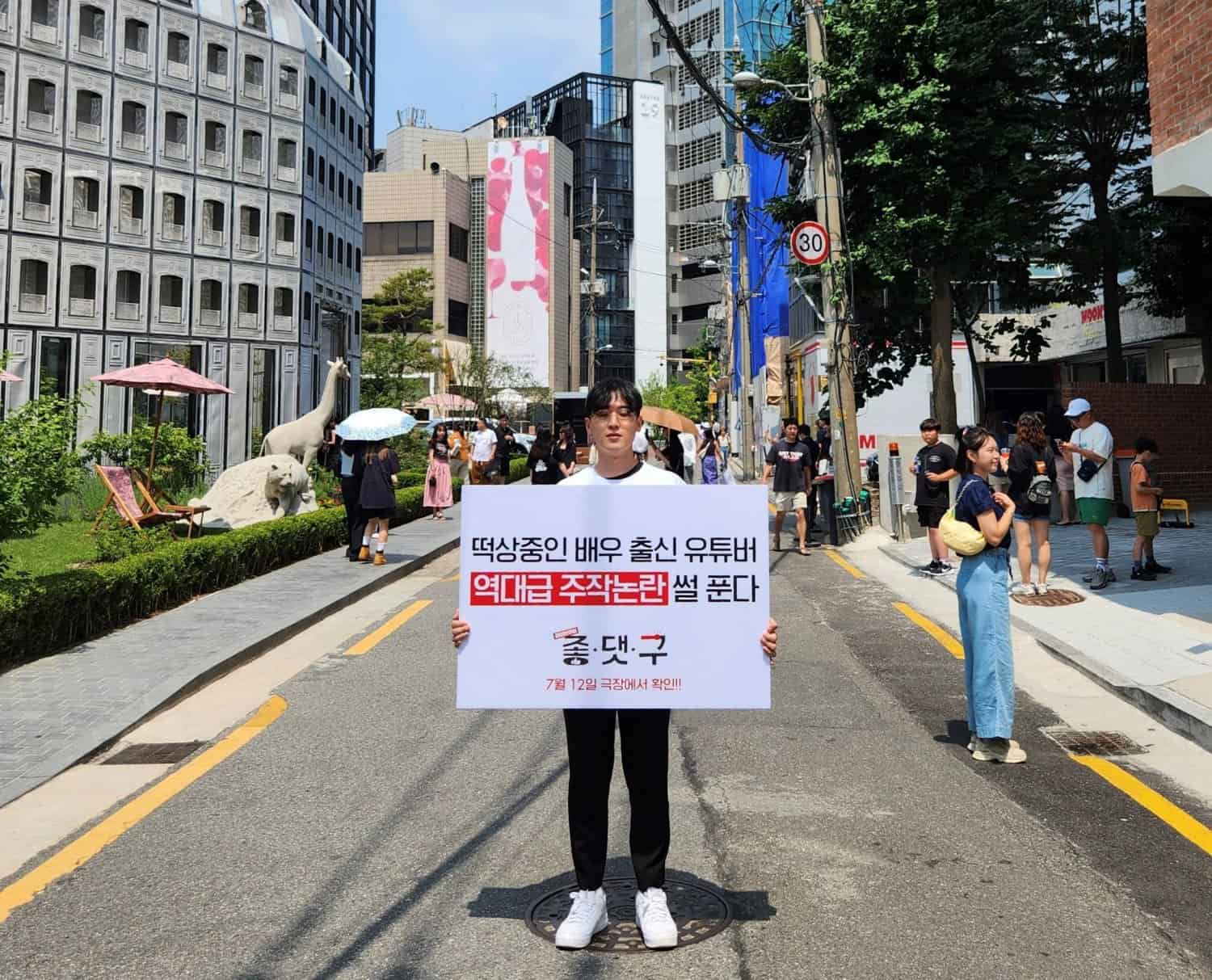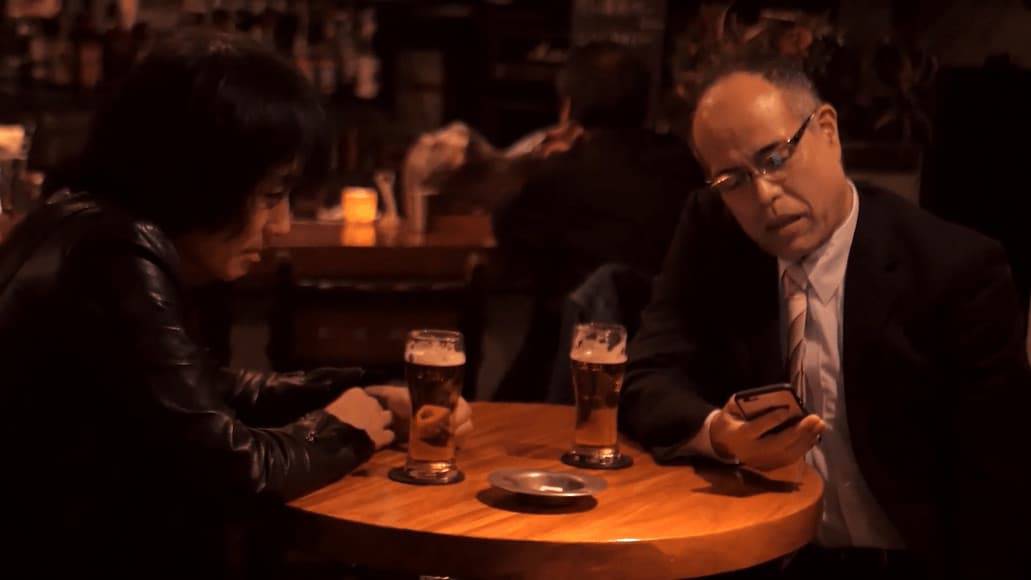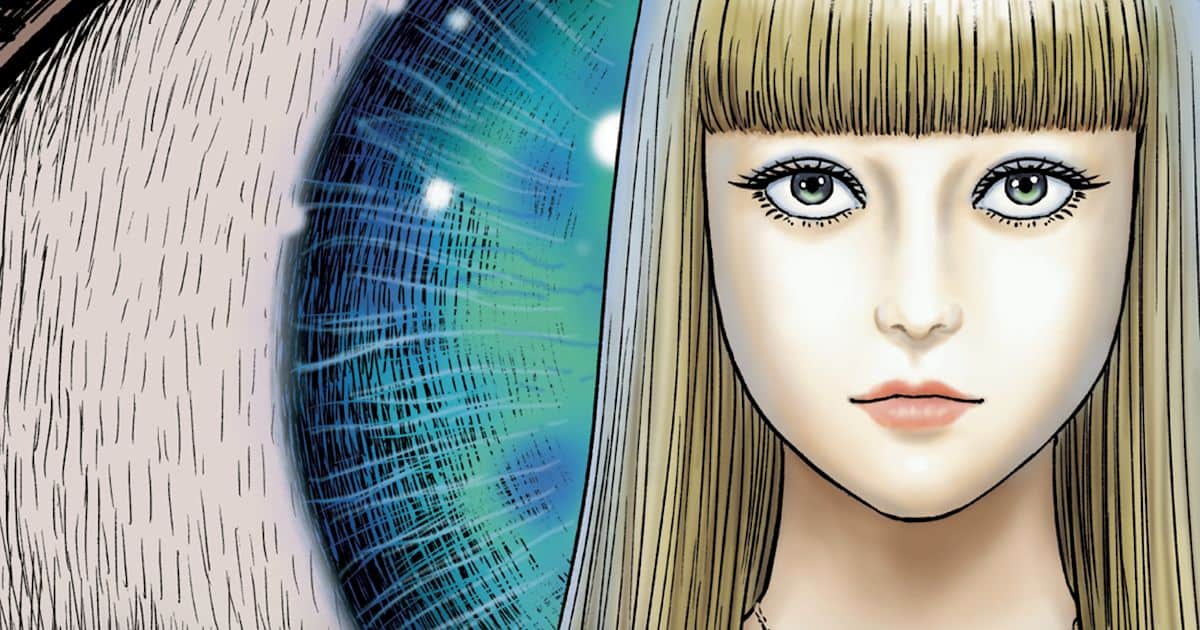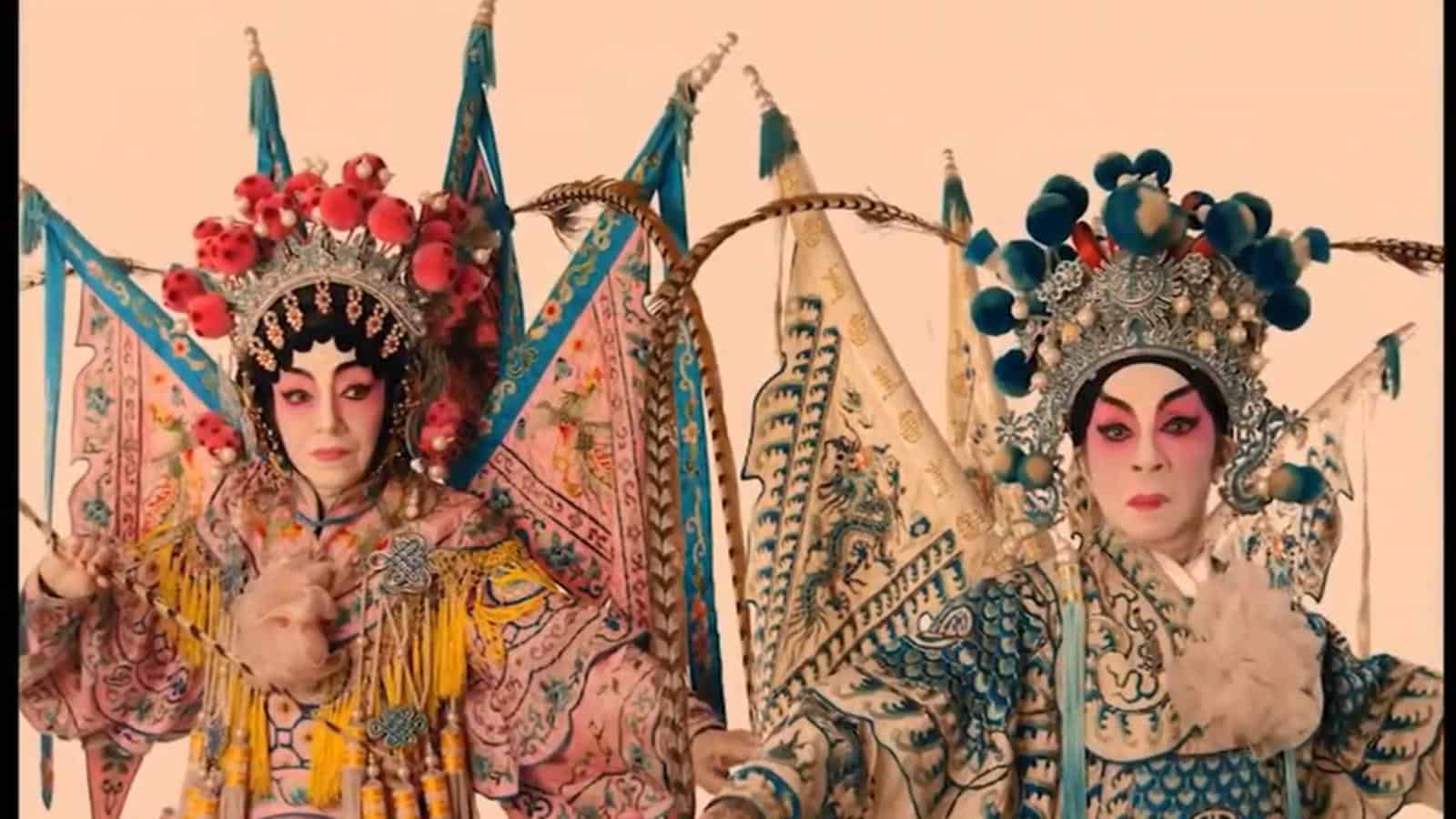Director and writer of I.K.U. She Lea Chang is an iconic filmmaker who, since the 1980s, as a multimedia and new-media artist, has navigated topics of ethnic stereotyping, sexual politics, enviromentalism, and institutional oppression with her radical experimentations in digital realms. Her rather unusual filmmaking entails sci-fi narratives and artwork imagination, in a unique style of science fiction, frequently including queer elements. “Fresh Kill”, her feature debut, which focuses on the homonymous landfill in Staten Island, New York, which, from 1955 until its closure in 2001, was the largest one in the world, receiving 29,000 tons of residential waste per day, is one of her most iconic works.
Fresh Kill is streaming on OVID.tv

Shareen Lightfoot and Claire Mayakovsky raise their daughter Honey near the Fresh Kills Landfill. Shareen, who works as a salvager recovering refuse from the landfill, faces issues with her former-cop father,Clayton, and has not revealed her lesbian relationship to him. Claire works as a waitress at a sushi restaurant, but the heavily polluted city has caused a number of issues on local animals and food, with a case of radioactive fish lips being on the epicenter. One night, Claire, unbeknownst to her, brings home such a meal for Honey to eat, who soon begins glowing green and then vanishes. The two women start searching for her, and discover that the multinational GX Corporation is responsible for the pollution and Honey’s disappearance. With the help of Jinabin Lui, a chef in the restaurant who is also a hacker, and Miguel Flores, a dishwasher and poet, they begin an effort to expose the company and save Honey.
Shu Lea Cheang implements a rather unusual narrative in older to tell a story whose basis is on genre, but is soon revealed as something completely different, which unfolds mostly as a collage of ideas that linger between the noir and the sci-fi, while presenting the area of the landfill as a dystopian setting, with the red sky highlighting her approach in the most eloquent fashion. Sex scenes incuding an accordeon, a sushi restaurant that seems to have jumped out of a Lynch movie, various secondary arcs involving Orchid Island, Taiwan’s nuclear dumping ground, yuppies, a TV show, and a number of characters who act mostly in surrealistic fashion, conclude this rather unusual narrative package.
At the same time, however, and through images additionally presented through TV and computer screens, Shu Lea Chang manages to present her radical comments rather eloquently, as in the parallel of dumping garbage on the landfill with the dumping of garbage programs on TV, while building a story that remains captivating from beginning to end, particularly for viewers who can enjoy non-linear narratives. Lauren Zuckerman’s editing helps the most in that regard, connecting the plethora of different elements in ideal fashion, and through an approach that, in combination with the music, frequently looks like an extreme music video. Jane Castle’s cinematography is also quite interesting, particularly in the way she implements the noir elements of the movie, also because she manages to present a number of captivating images of locations that are anything but, despite the evident low-budget nature of the production.
The actors seem to have adapted to the unusual narrative style perfectly, exhibiting behaviours that seem eccentric, but make sense in the end. Sarita Choudhury as Shareen, Jose Zuniga as Miguel Flores, and Rino Thunder as Clayton Lightfoot are the ones who stand out.
Evidently, “Fresh Kill” is not a movie for everyone, but for the viewer who is open to experimental cinema with intense social commentary, there is much appeal to be found here, also because, despite her non-generic approach, Shu Lea Cheang does not aim at shocking her audience.
















